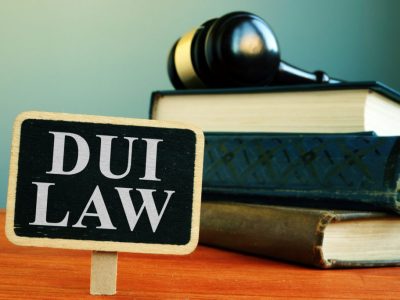Everyone has had mental pain, but it is not necessarily something for which you may sue. You should know how the law deals with mental distress and how to bring a lawsuit. Talk to a Boston personal injury attorney about filing a lawsuit for emotional distress.
What is emotional distress?
Emotional anguish is simple to comprehend: it is just mental pain. However, the legal definition is a little more nuanced. Though the terminology varies by state, the core concept of emotional distress is mental pain induced by someone else’s intentional or unintentional acts. Emotional discomfort symptoms may include:
- Shame or guilt
- Anxiety
- Depression
- Fatigue
- Flashbacks
- Insomnia or nightmares
- Uncontrollable crying
- Weight gain or loss
- Chronic headaches
But this is where the legal difference comes into play. The phrase “caused by someone else’s actions” is crucial.
When there is mental anguish in addition to physical injury, emotional distress is frequently referred to as pain and suffering. Pain and suffering are only compensable in certain places if they result from bodily injuries or illness.
Emotional anguish does not have to be associated with physical harm. Post-traumatic stress disorder (PTSD), anxiety, depression, and other kinds of mental diseases are medical diagnoses that can result from a minor vehicle accident.
Suing for emotional distress is also feasible where there was a purpose to cause emotional distress, such as in situations involving sexual assault, harassment, or slander.
Emotional distress claims appear simple, but they can be challenging. The proof is always challenging, and state laws on the precise components of an emotional distress claim range substantially. Within the framework of an attorney-client relationship, an experienced personal injury attorney could advise you on the merits of your personal injury claim and assist you in gathering the necessary evidence.
Torts (civil wrongs)
Let us start at the beginning. If someone injures you, the law may provide you with a remedy. Torts are civil wrongs for which you can sue someone under state law. There are several torts, including carelessness, assault, battery, defamation, and invasion of privacy.
Each tort is made up of components. To establish a tort in court, each element must be shown by a majority of the evidence. Another way to say it is to demonstrate that the element is “more likely than not” to exist. You will win your lawsuit if you can fulfill this burden for each element of the tort. This is where a personal injury attorney can help you.












Comments